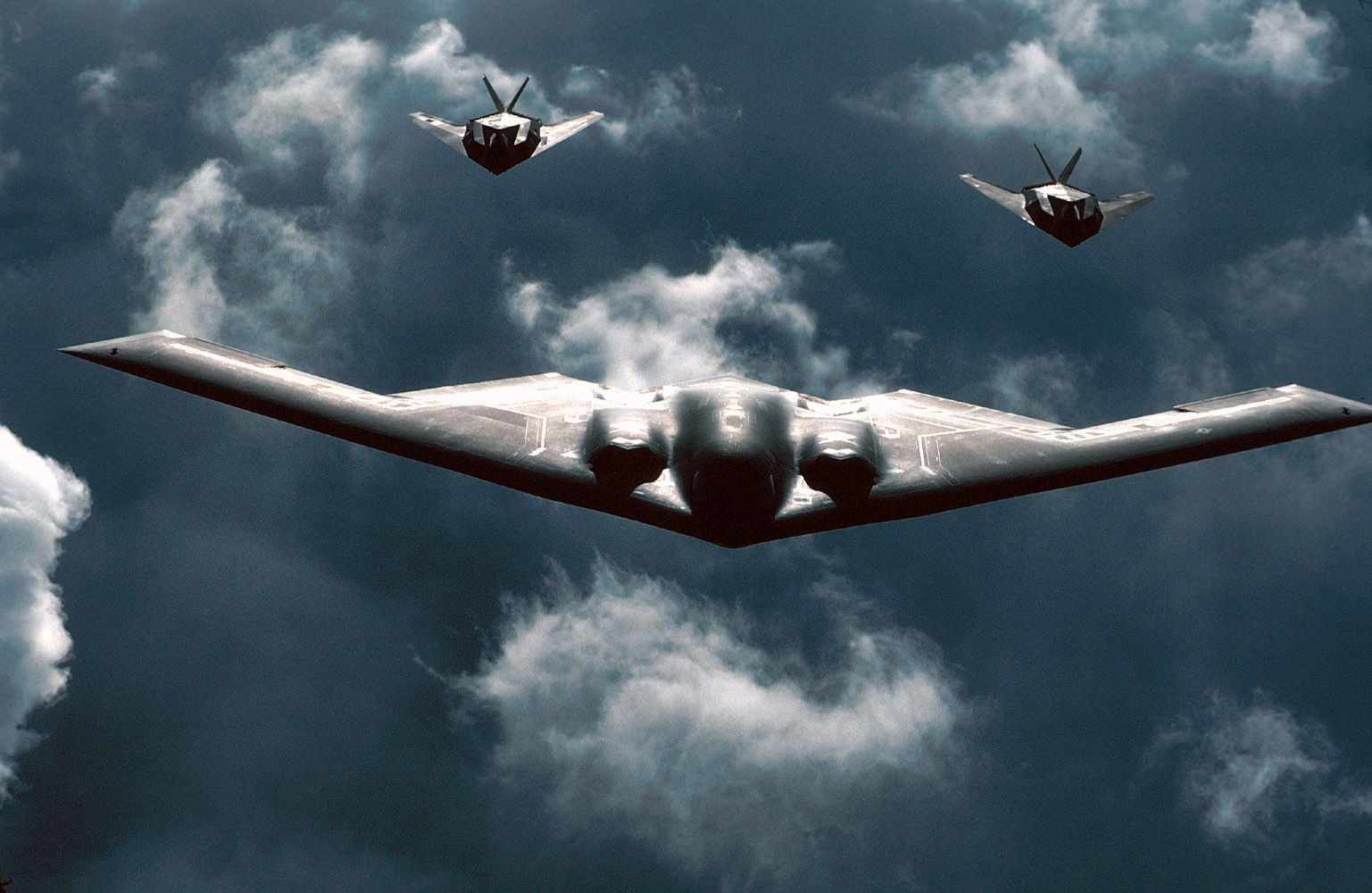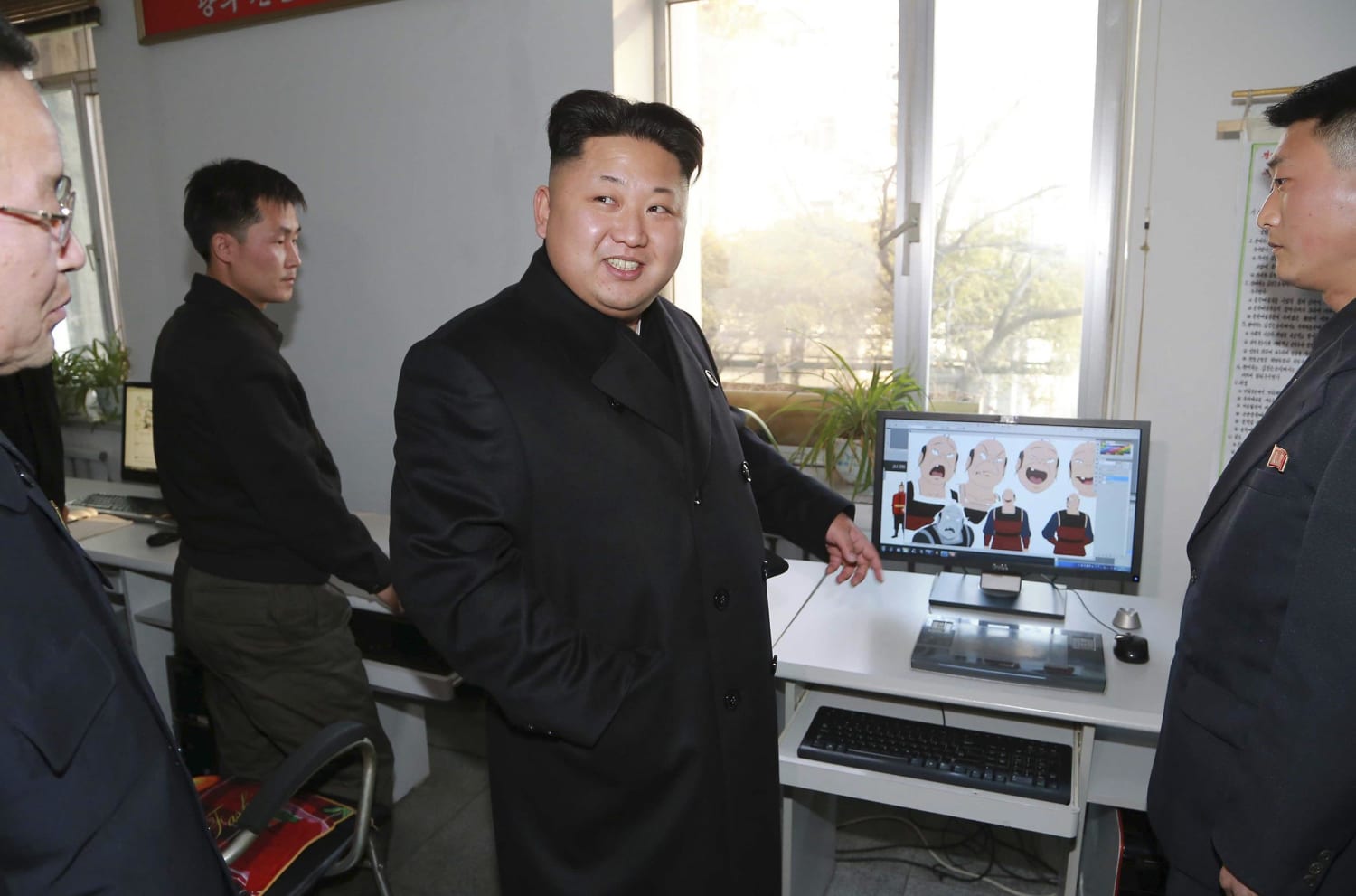...
 |
| Can you see me now? |
But stealth technology is highly asymmetric - it requires more effort and investment to develop and improve than it does to defeat. This is a common characteristic of very advanced or very complex systems - ABM (anti-ballistic missile) technology suffers from the same imbalance. As early as 1999, Yugoslavian anti air batteries were able to detect F-117s when they opened their bomb bay doors, instantly tripling their radar signature. They knew they couldn't use their radars for more than thirty seconds at a time to avoid counter-radar attacks, but even so on March 27th they fired multiple SA-3 missiles at a Stealth Fighter and brought it down. While this is the only (acknowledged) F-117 ever lost in combat, it speaks to how difficult stealth technology is to implement, and how any weakness in the stealth components can render the whole package useless.
There are lots of ways to detect a modern warplane. There's infrared, the heat generated by the engine and the friction of its passage through the air. There's all manner of radar, beams of Radio Frequency waves that bounce off and are are reflected back to a detector. There's highly sensitive elctro-optical systems - remember we have cameras in space that can read license plates. There's UV radiation, there's acoustic signals, there's just a wide range of spectrum that makes jet aircraft visible to passive systems. The technology we know as "stealth" makes an aircraft much less visible at certain wavelengths - particularly at radar and infrared frequencies. The intention is to lower the "radar cross section" of the attackers, and make them hard for air defenses to detect and attack.
Of course the problem with this concept is it assumes that the only effective approach to detecting intruding bombers is radar, or at closer ranges, infrared (heat) radiation. But if your enemies are masking those signatures, doesn't it make sense that you'd seek to exploit other, more observable signatures? There are a large number or research programs dedicated to alternative detection methods for stealth aircraft. These can be electro-optical systems, based on highly sensitive broad spectrum cameras that either detect the aircraft directly or detect it's passage through the atmosphere (Schlieren Signature). There are long wavelength radar that gives up precision to detect the entire aircraft - the wavelength is the size of the features on the airframe (1 meter) and while that sacrifices much in the way of detailed information, it still detects the inbound strike, and serves to focus more accurate systems on the attacking aircraft.
And this isn't pie-in-the-sky. Many nations, including Russia and China, have already deployed modern Infrared Search and Track (IRST) systems in their front line combat aircraft and long wavelength radars on the ground. The purpose for stealth - the penetration of contested airspace in a survivable manner - is rapidly becoming unachievable. While stealth will remain a component of the modern fighter - powerful nations spend most of their military efforts bombing backward, third world countries with 1970s era air defenses, after all - the dependency on increasing numbers of advanced missiles and stand-off weapons will increase exponentially. In many ways, the future of warfare is a process of denying your aversary access to your shores. If a nation can draw a thousand kilometer 'bubble' around its borders and actively prevent foreign operations within that bubble, then war begins to look a lot different than it ever has.
...







